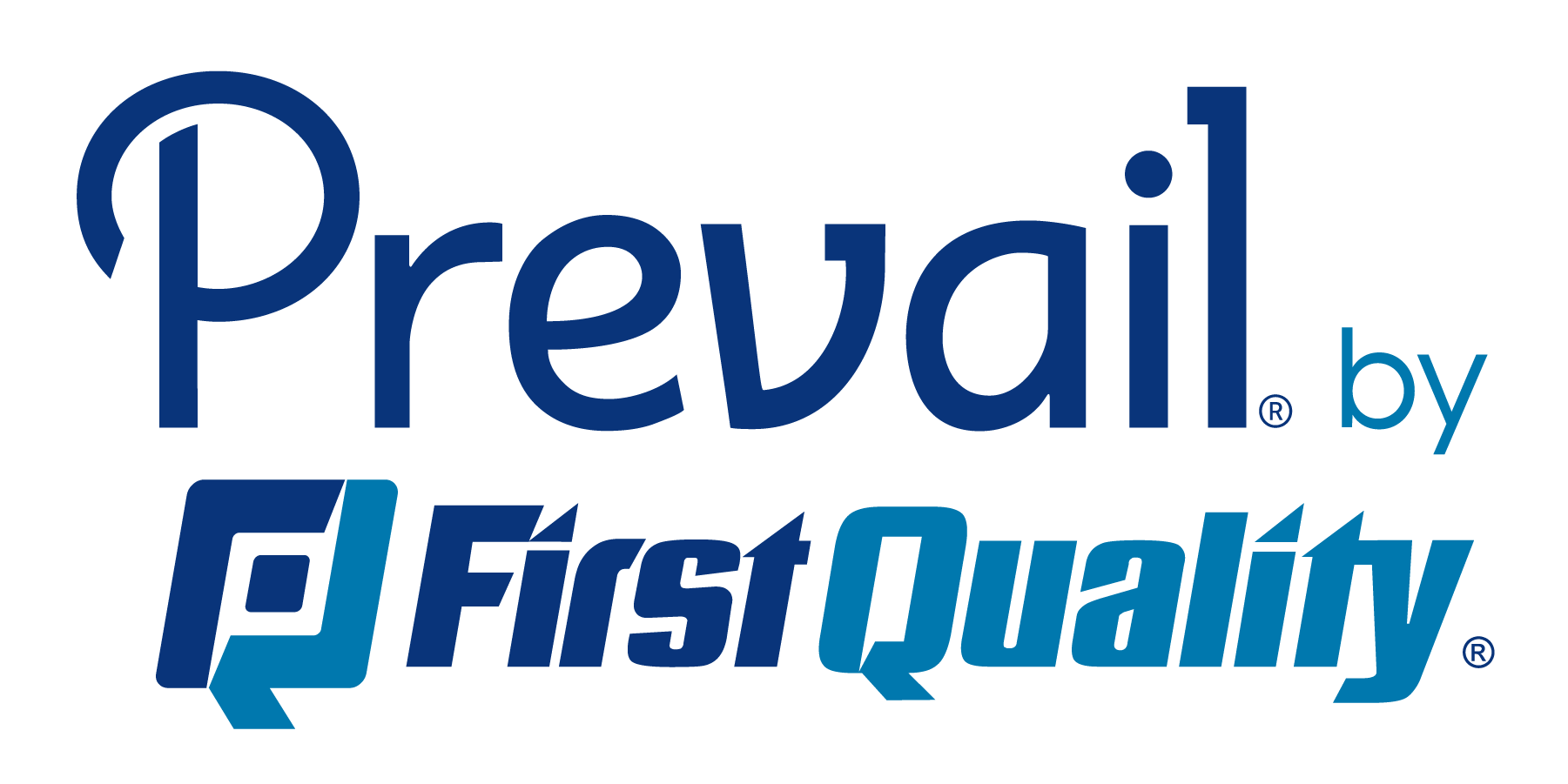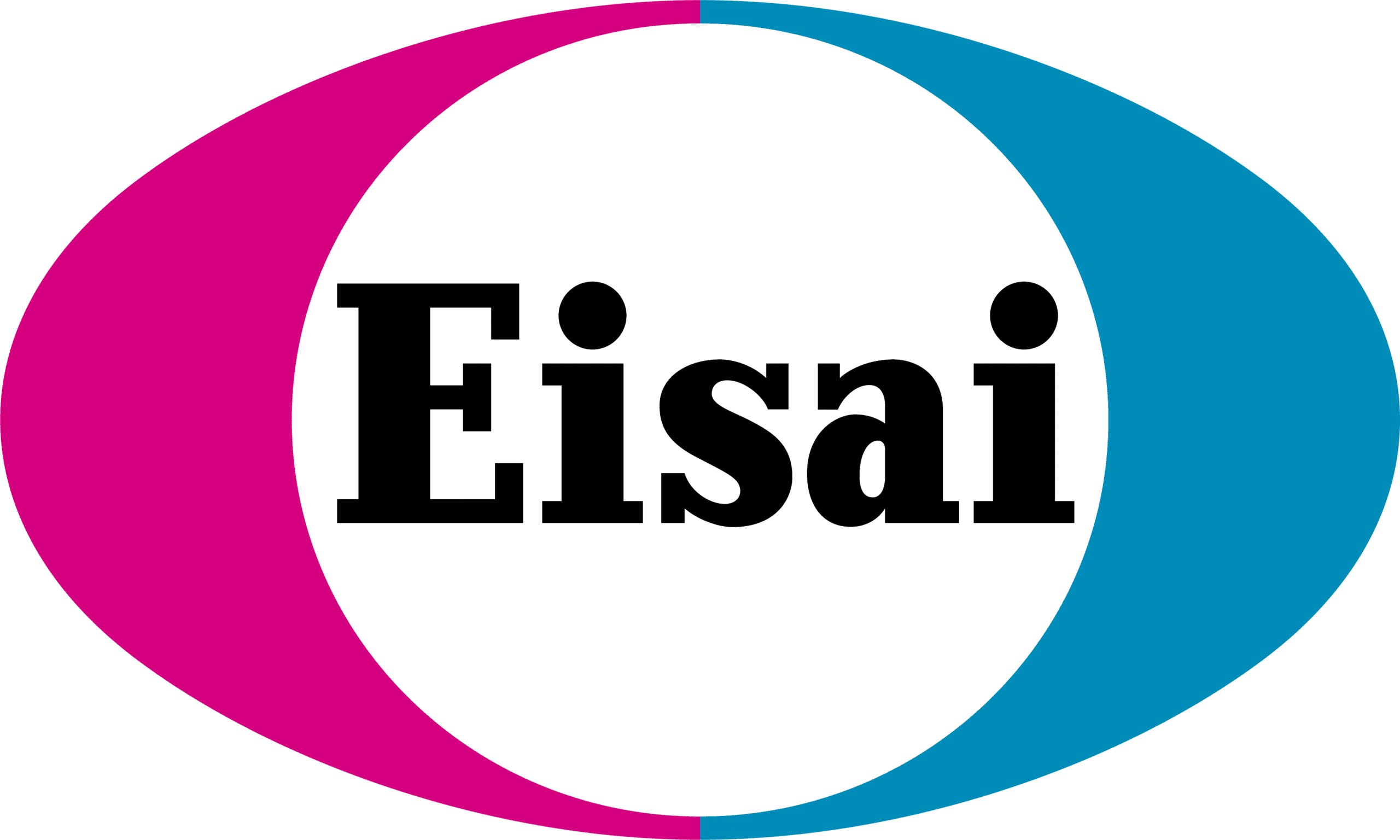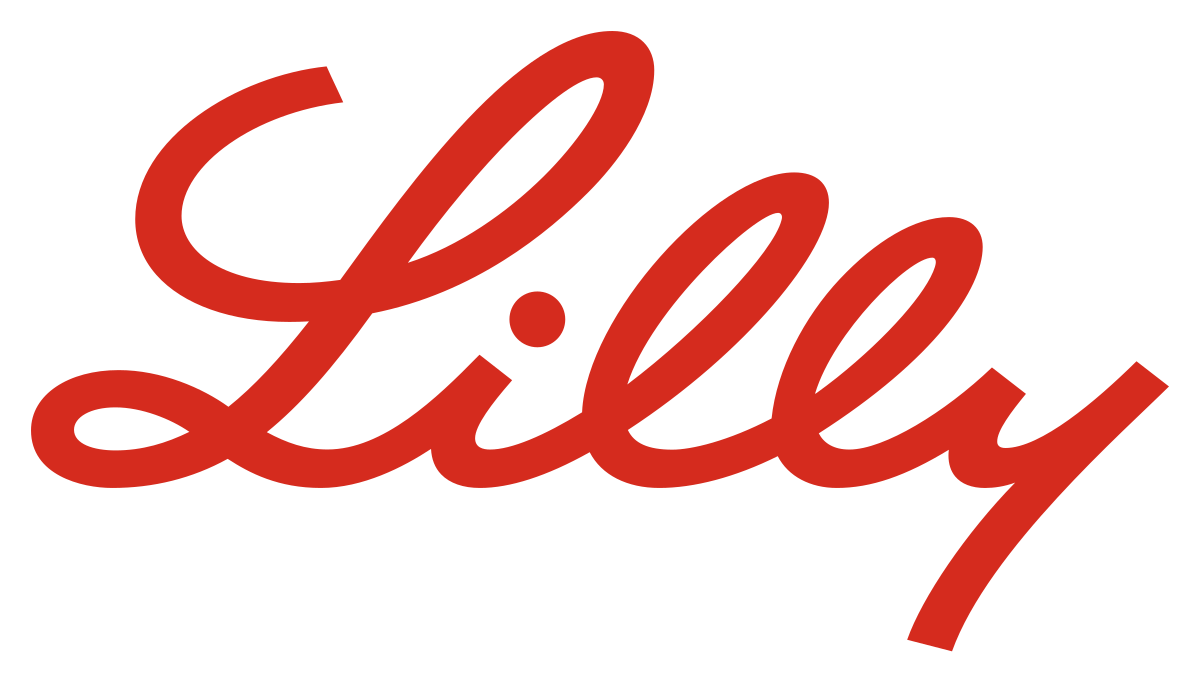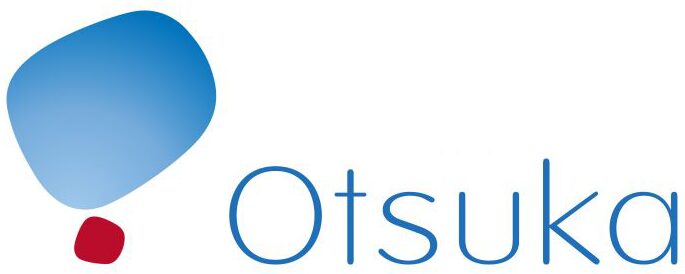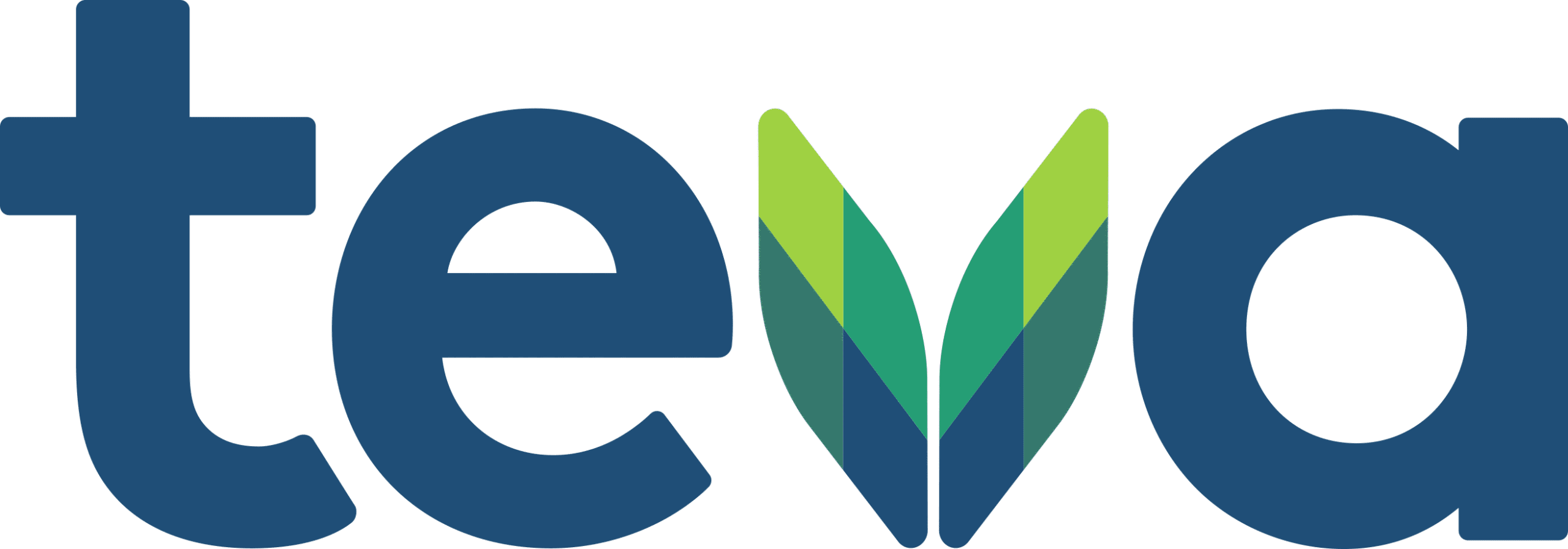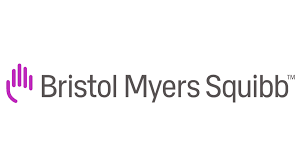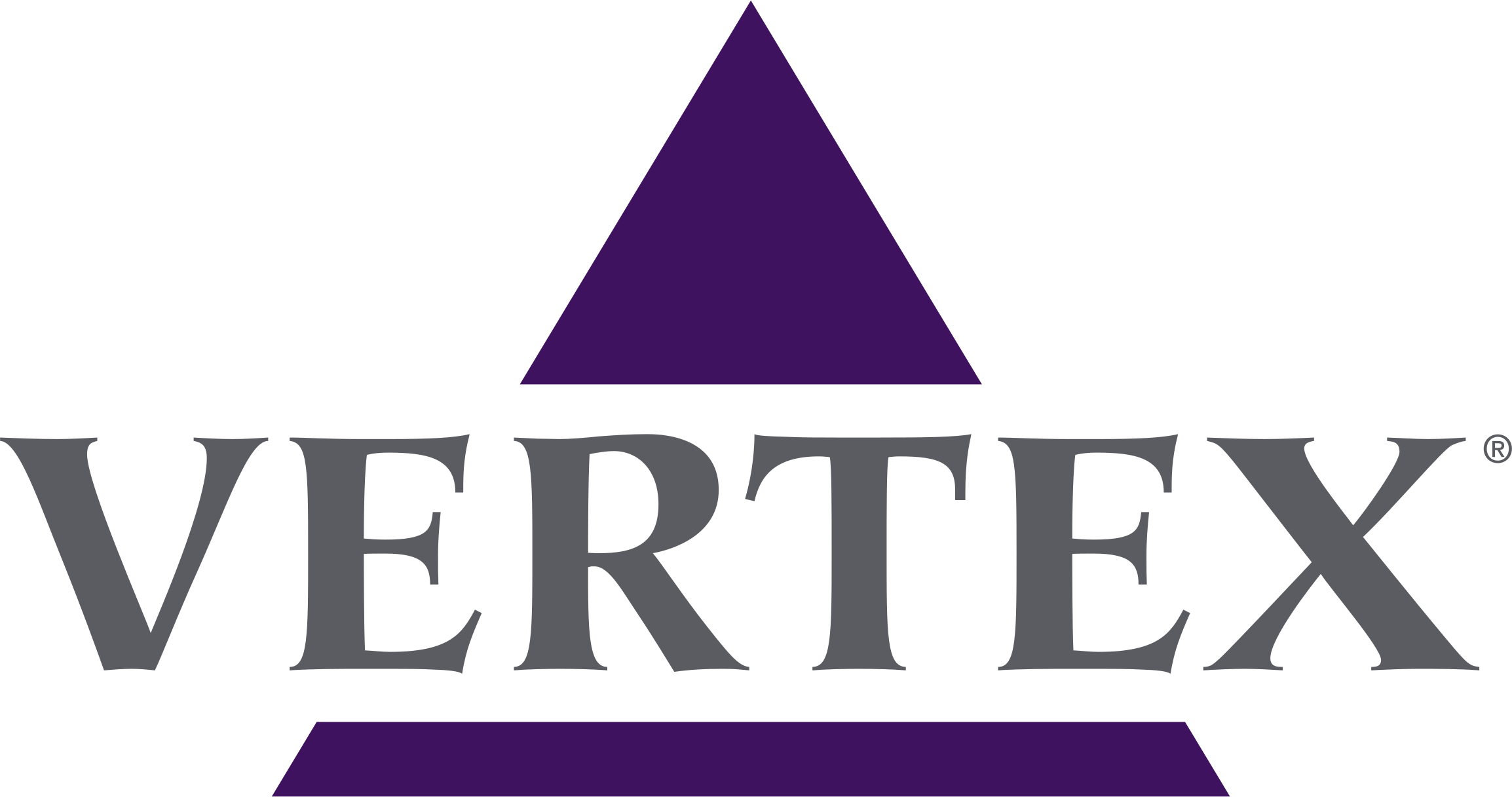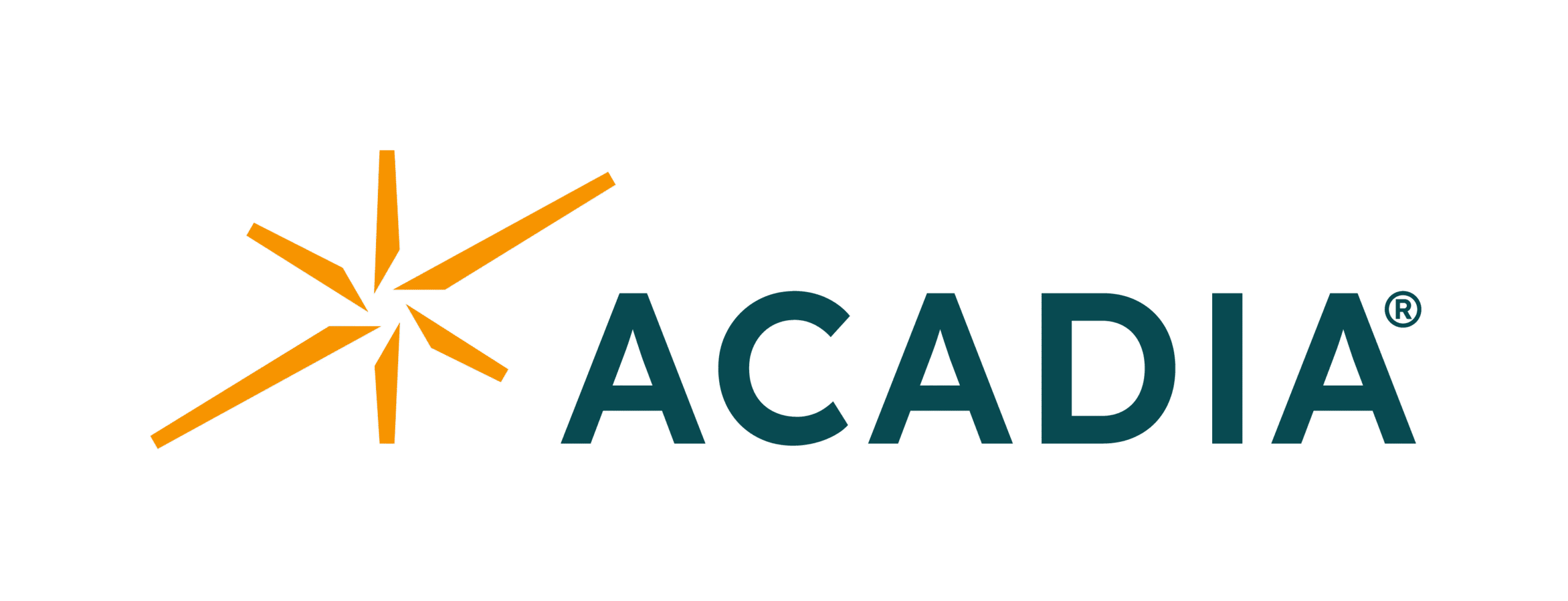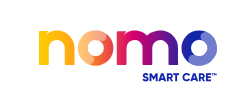
Caregiving doesn’t pause after November — and neither does the importance of staying connected to the right support. Plug-in to Care helps caregivers find trusted information, supportive communities, and practical tools that make each day a little more manageable. Whether you’re caring for a loved one this holiday season or any time of year, connection can make all the difference.
The Caregiver’s Role
Chronic Kidney Disease (CKD) is a long-term condition in which the kidneys gradually lose function over time, often progressing to end-stage renal disease (ESRD) requiring dialysis or transplantation. Caregivers often help manage complex medication schedules, dietary and fluid restrictions, lab monitoring, coordination with nephrologists, dialysis logistics, and emotional support. Because kidney disease can fluctuate and its treatments can be burdensome, caregivers must balance vigilance, planning, and self-care.

Top 3 Things Caregivers Should Know
Caregiving Resources
Partner Resources
Caregiver Action Network
This resource was developed with support from IgAN Foundation.

